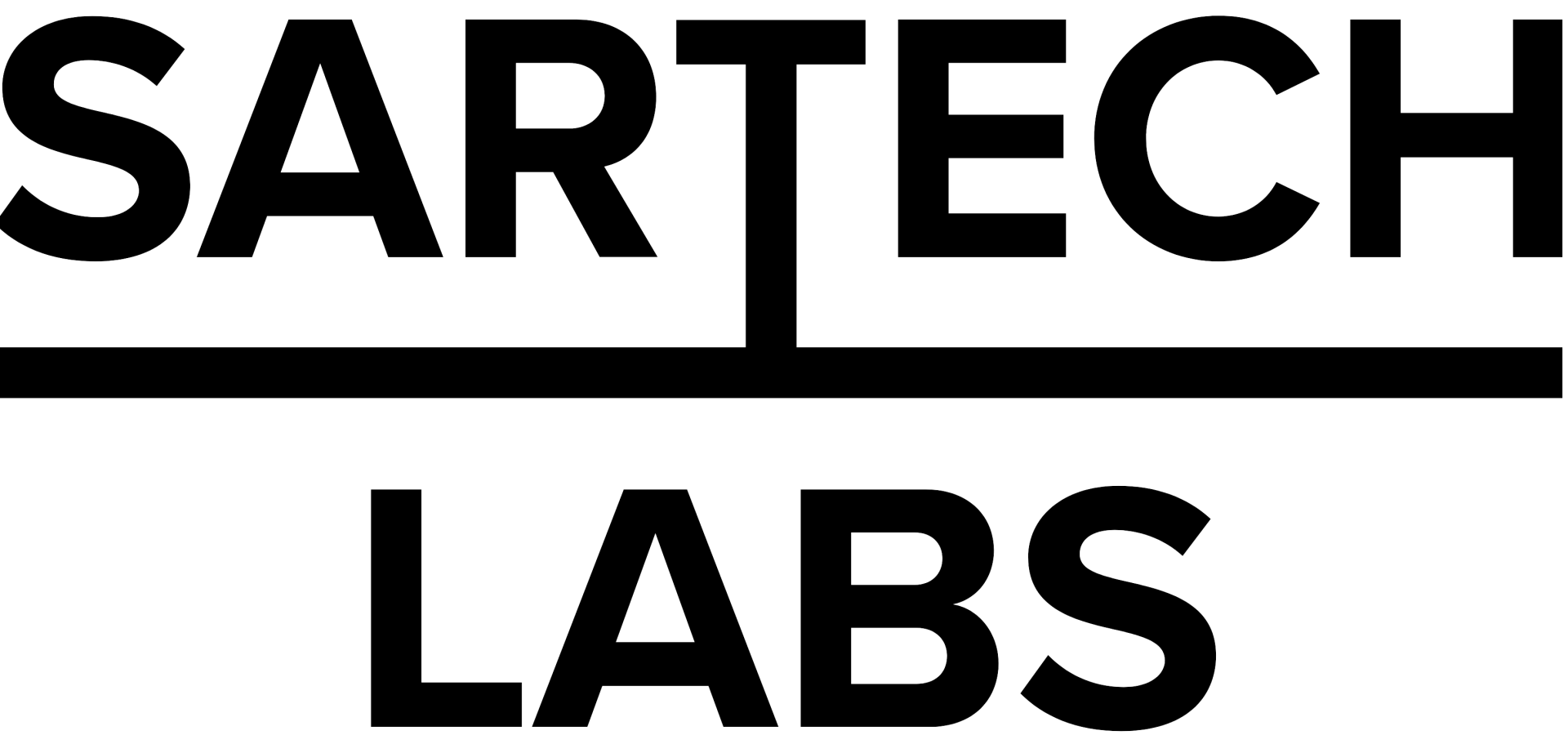At its core, Artificial Intelligence refers to the ability of machines to mimic human intelligence. This includes learning from data (just like humans learn from experience), understanding natural language, recognizing patterns, solving problems, and even making decisions. AI systems are designed to perform tasks that typically require human intelligence, often at speeds and scales far beyond human capabilities.
AI is generally categorized into three types based on its capabilities:
- Narrow AI: These systems are designed to perform a single task or a set of specific tasks. Examples include voice assistants like Siri and Alexa, recommendation systems on Netflix or Amazon, and facial recognition software.
- General AI: This is a theoretical concept where machines possess the ability to perform any intellectual task a human can do. While this type of AI remains a future goal, it represents the idea of machines with human-like cognitive abilities.
- Superintelligent AI: This refers to AI that surpasses human intelligence in all fields. Though it sounds like science fiction, researchers are exploring the ethical and practical implications of such advancements.
AI is powered by several key technologies, including advancements in data processing, algorithms, and computational power. These include:
- Machine Learning (ML): A subset of AI that enables systems to learn and improve from experience without being explicitly programmed.
- Natural Language Processing (NLP): This allows machines to understand, interpret, and respond to human language.
- Computer Vision: AI systems that can interpret and analyze visual data from the world, such as images and videos.
- Robotics: The use of AI to enable robots to perform tasks ranging from manufacturing to surgery.
AI is already making a significant impact across various sectors:
- Healthcare: AI-powered tools assist in diagnosing diseases, personalizing treatment plans, and even performing surgeries with precision.
- Education: AI is revolutionizing learning through personalized learning platforms, AI tutors, and smart content creation.
- Business: Companies use AI for customer service, fraud detection, predictive analytics, and operational efficiency.
- Transportation: From self-driving cars to optimizing logistics, AI is reshaping how goods and people move.
- Entertainment: AI creates personalized recommendations, powers virtual reality experiences, and even generates art and music.
AI is not just a technological advancement; it is a tool that can solve some of the world’s most pressing challenges. From improving healthcare access in remote areas to combating climate change through smarter energy systems, AI has the potential to create a more equitable and sustainable world.
For businesses, AI offers a competitive edge by automating processes, improving decision-making, and unlocking new opportunities. For individuals, AI simplifies daily tasks, enhances productivity, and opens up new ways to connect with technology.
As we integrate AI into more aspects of life, it is crucial to do so responsibly. Ethical considerations such as data privacy, bias, and transparency must guide the development and deployment of AI technologies. Ensuring AI benefits everyone requires collaboration between governments, businesses, and individuals.
Artificial Intelligence is no longer a futuristic concept; it is a reality shaping our present and future. Understanding AI helps us navigate its possibilities and challenges, empowering us to make informed decisions in a rapidly evolving world. Whether you’re a business leader, a student, or simply curious about technology, learning about AI is a step towards a smarter and more connected future.
At SARTECH Labs, we are committed to helping individuals and companies understand, adopt, and harness AI safely and responsibly. Join us on this exciting journey into the world of Artificial Intelligence!

